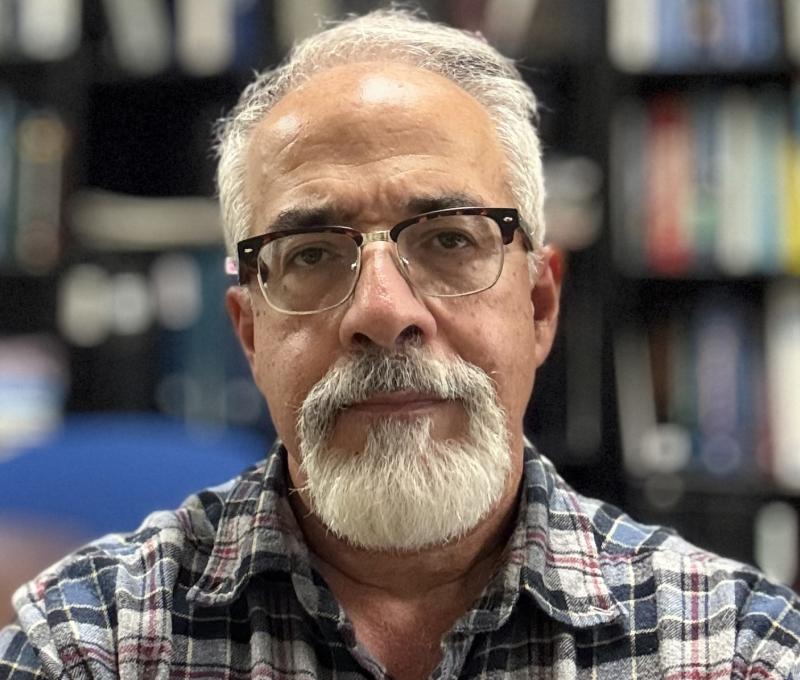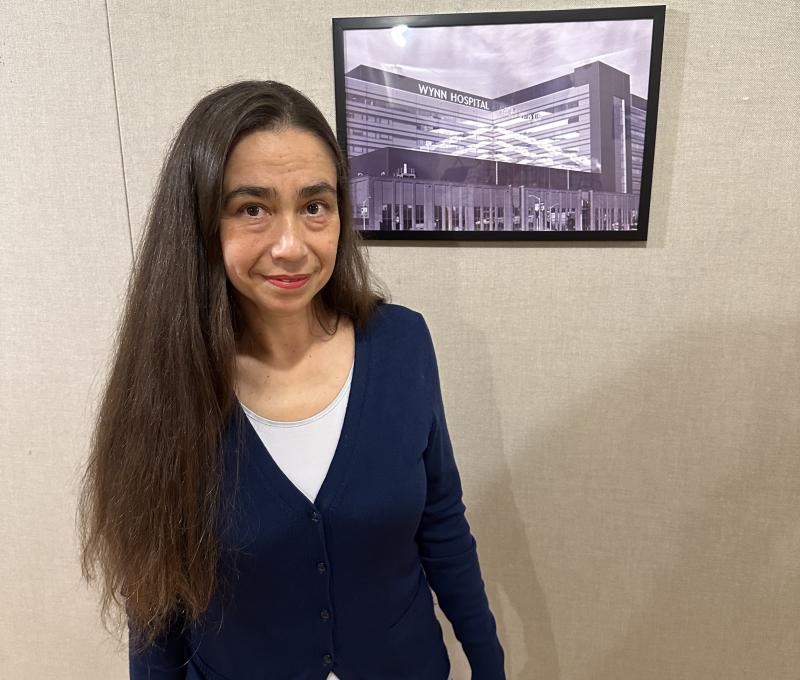Three SUNY Poly Professors Detail Collaborative Interactive Tabletop for Education (CITE) Project in Published Book Chapter

UTICA, NY – Three professors from SUNY Poly’s College of Arts and Sciences, Dr. Ana Jofre (PI), Dr. Kristina Boylan, and Dr. Ibrahim Yucel, have written a chapter in the recently published book, “Rethinking Freire and Illich: Historical, Philosophical, and Theological Perspectives.”
In their chapter, titled “Building Convivial Educational Tools in the Twenty-First Century,” they argue that placing Brazilian philosopher/educator Paulo Freire (best-known for writing Pedagogy of the Oppressed) and Austrian theologian and intellectual Ivan Illich, S.J. in dialogue with linguist James Paul Gee's insights on what games (video games and otherwise) can teach us about deep engagement with source materials, literature, and learning and creative processes, provides a foundation for creating interactive educational tools. In this case, it means a tangible user interface (TUI) that affords multiple pathways to both examining information and working with it.
Furthermore, the trio combine a theoretical framework for including Freire's and Illich's insights in analyzing educational challenges that they’ve witnessed in the present, particularly a lack of student engagement with and comprehension of data, the ways in which the presentation of information and methods to work with it have produced exclusions grounded in differences in intellectual, sensory, and physical abilities, and other barriers to collaboration. The theoretical foundations offered are a combination of insights from educators and designers who have worked on similarly-intended TUIs and tested various aspects of active and multisensory-engagement-oriented learning, including those focusing on inclusive design to mitigate historical exclusions.
Based on these foundations, they present designs and instructions for constructing the Collaborative Interactive Tabletop for Education (CITE), which currently resides in the Maker’s Lab in Donovan Hall. CITE can be used by an individual or by multiple learners, and incorporates visual, sonic, and tactile elements so that persons of different learning styles and sensory abilities can engage with the table’s capacities to work with data and produce their analyses in ways that can be shared with others. Users move indicator tokens with labels (combining Roman lettering, Braille, symbolic illustration, and sonic labeling) to work with data from Hans Rosling’s Gapminder database; the resulting graphs and tables can be displayed on a screen, and can be saved in formats that can be re-read, printed, or heard.
One key design feature of CITE is that it can be assembled from a combination of off-the-shelf components and self-produced items (e.g. instructions for 3D printing the tokens are available via the CITE website). This feature is central to the design for two reasons. For one, it mitigates socioeconomic exclusion from usage of otherwise expensive educational implements, because similar systems are priced at several thousand dollars apiece. Secondly, it allows users to participate in the design of their own tools and to have absolute control over their customization, which is in the spirit of Illich’s notion of Tools for Conviviality.
The 3D tokens were designed and prototypes were printed by Assistant Professor of Interactive Media and Game Design (IMGD) [Charles] Nick LeJeune, with logos designed by Information Design and Technology graduate Kyle Frenette. The project’s software was programmed by Computer and Information Science graduate Josh Rosenbaum with mentoring from Associate Professor in Computer Science Professor Michael Reale.
The foundation of the CITE device is an earlier project of Dr. Jofre’s called “datablocks,” and both information about that as well as the more recent project can be found at https://datablocks.org/. This project was under development as the COVID-19 lockdown began and endured; while plans to refine and test the prototype device were interrupted, the group hopes to build on this work in the near future.
Dr. Jofre is an Assistant Professor of Creative Arts and Technologies; Dr. Boylan is an Associate Professor of History; and Dr. Yucel is an Associate Professor of Communications and Media Design (CMD) and Interactive Media and Game Design (IMGD).
Overall, the trio’s book chapter is part of a larger collection of works dedicated to the intellectual and social contributions of Freire and Illich, who identified liberation as central to human rights and needs. Both authors produced numerous works on the power of educational systems, methods, and cultures to encourage creativity, enjoyment, cooperation, and active engagement in one' society. Thus, education can have the power to liberate and to improve social conditions through individual and collective outcomes. However, they also examine ways in which existing educational systems, methods, and cultures have worked against those necessary goals and conditions to make education oppressive, isolating, inaccessible, and boring. The authors hope that tools like CITE will contribute to users’ designing and sharing knowledge in satisfying and sociable ways.







